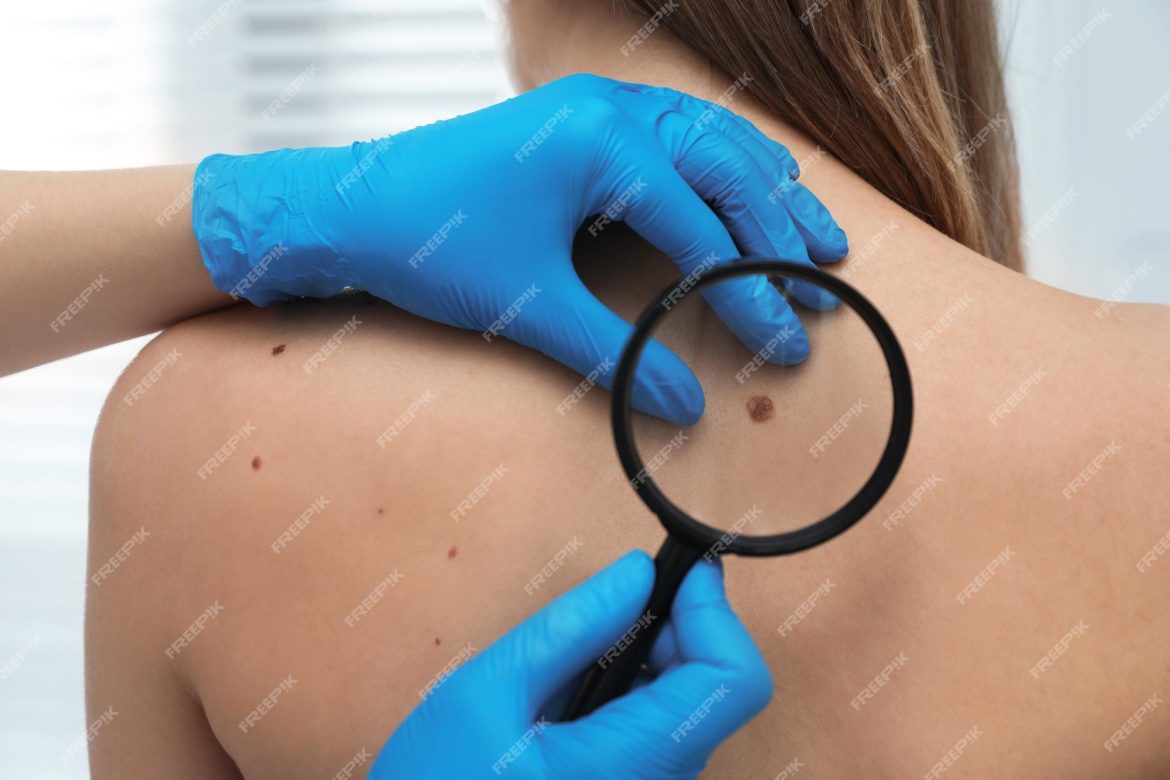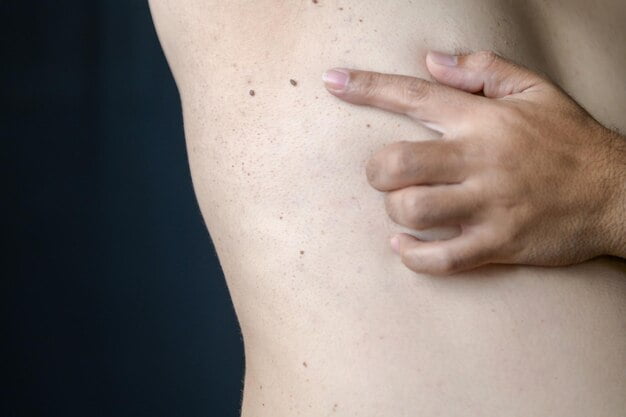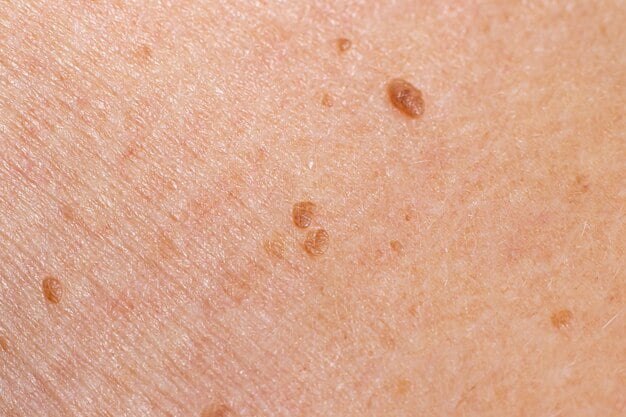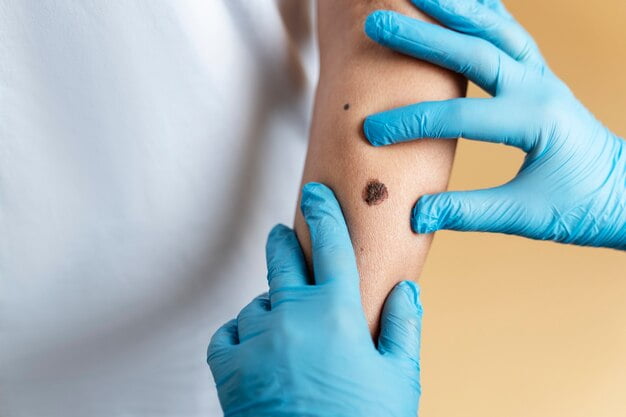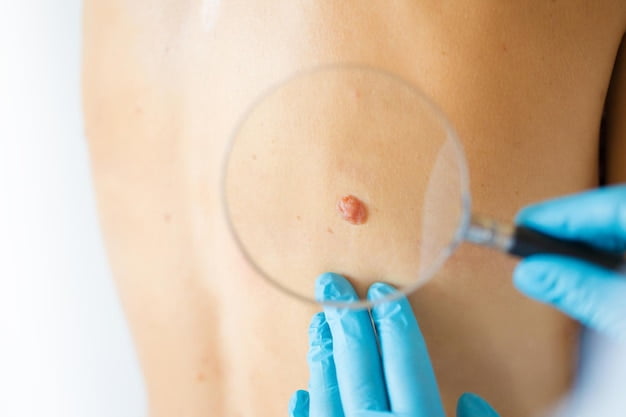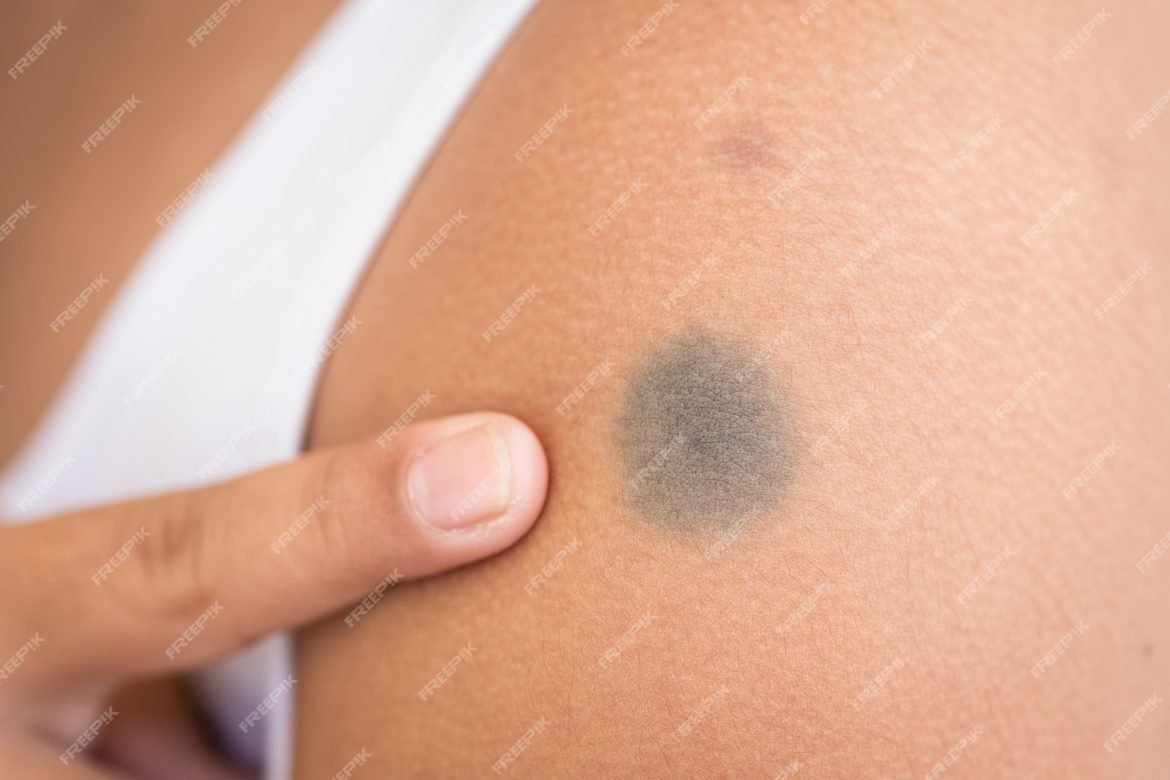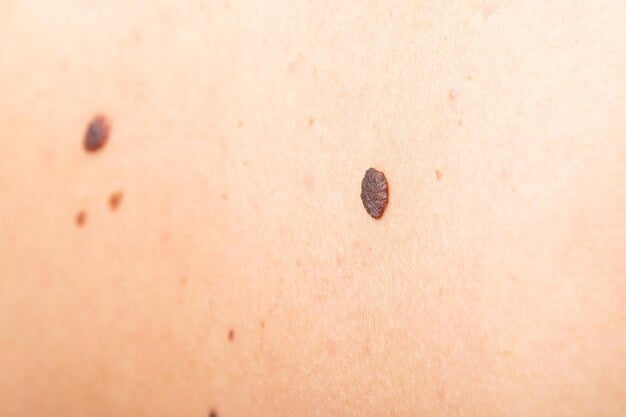
Birthmarks are intriguing and unique, adding a touch of individuality to every person. They come in various shapes, sizes, and colors, often becoming part of a person’s identity. In this article, we’ll delve into the world of birthmarks, exploring the different kinds, causes, and even dispelling some common myths.
1. Introduction
Birthmarks are permanent skin markings that are present at birth or appear shortly after. They can be found on any part of the body and are typically harmless. While some people consider them beautiful and unique, others may wish to have them removed. Birthmarks can be categorized into two main types: pigmented and vascular birthmarks, as well as congenital moles.
2. Types of Birthmarks
Pigmented Birthmarks
- Café-au-lait Spots: These are flat, light brown birthmarks that often appear on the trunk or limbs. They are usually harmless but may indicate certain medical conditions when numerous.
- Mongolian Spots: Common among infants, these blue-gray birthmarks appear on the lower back and buttocks. They tend to fade as the child grows.
- Nevus of Ota: A pigmented birthmark affecting the eye area, it can vary from light brown to bluish-gray.
- Becker’s Nevus: Typically seen in males, this birthmark is characterized by a dark, irregular patch of pigmentation, often on the chest or shoulder.
Vascular Birthmarks
- Port-Wine Stains: These flat, reddish-purple birthmarks often appear on the face and may darken over time. Laser therapy is a common treatment option.
- Strawberry Hemangiomas: Raised, red birthmarks that can develop in infancy and usually disappear by the age of 10.
- Salmon Patches: Also known as “angel’s kisses” when on the face, these are flat, pink birthmarks that typically fade as a child grows.
Congenital Moles
Congenital moles are dark, sometimes raised, moles present at birth or appearing shortly after. They should be monitored for any changes and may require medical attention.
3. Causes and Development of Birthmarks
The exact causes of birthmarks are not always clear, but they are believed to be related to genetic factors and irregularities in blood vessels or melanin production. Pigmented birthmarks are associated with melanin, while vascular birthmarks result from issues in the blood vessels.
4. Diagnosis and Treatment Options
Diagnosing birthmarks is often done through visual examination. In most cases, no treatment is required, and birthmarks are simply observed. However, for those seeking treatment or when a birthmark poses health risks, options such as laser therapy or surgical removal are available.
5. Common Myths and Misconceptions
There are many myths surrounding birthmarks, including superstitions about their origins. It’s important to separate fact from fiction and dispel any unnecessary fears.
6. Living with Birthmarks
Birthmarks can be a source of uniqueness and should be embraced. Many individuals with birthmarks find strength in their distinct features and have inspiring stories to share.
7. Birthmarks in Popular Culture
From famous personalities proudly displaying their birthmarks to characters in movies and literature, birthmarks have been both celebrated and stigmatized in popular culture.
8. Birthmark Awareness
Awareness is crucial in promoting acceptance and understanding of birthmarks. It’s essential to support individuals with birthmarks and educate the public about these unique skin features.
9. Conclusion
In conclusion, birthmarks are a natural part of human diversity. They come in various forms and colors, and each one tells a unique story. While they may carry myths and misconceptions, understanding and acceptance are key in celebrating the beauty of individuality.
10. FAQs
A1: Some birthmarks may have a genetic component, but not all of them are hereditary.
Q2: Can birthmarks be removed completely?
A2: In some cases, birthmarks can be significantly faded or removed with laser therapy or surgery, but complete removal is not always possible.
Q3: Do birthmarks change over time?
A3: Some birthmarks may darken, lighten, or change in appearance as a person ages.
Q4: Are birthmarks associated with any medical conditions?
A4: While most birthmarks are harmless, some may be associated with underlying medical conditions, especially when they appear in large numbers.

